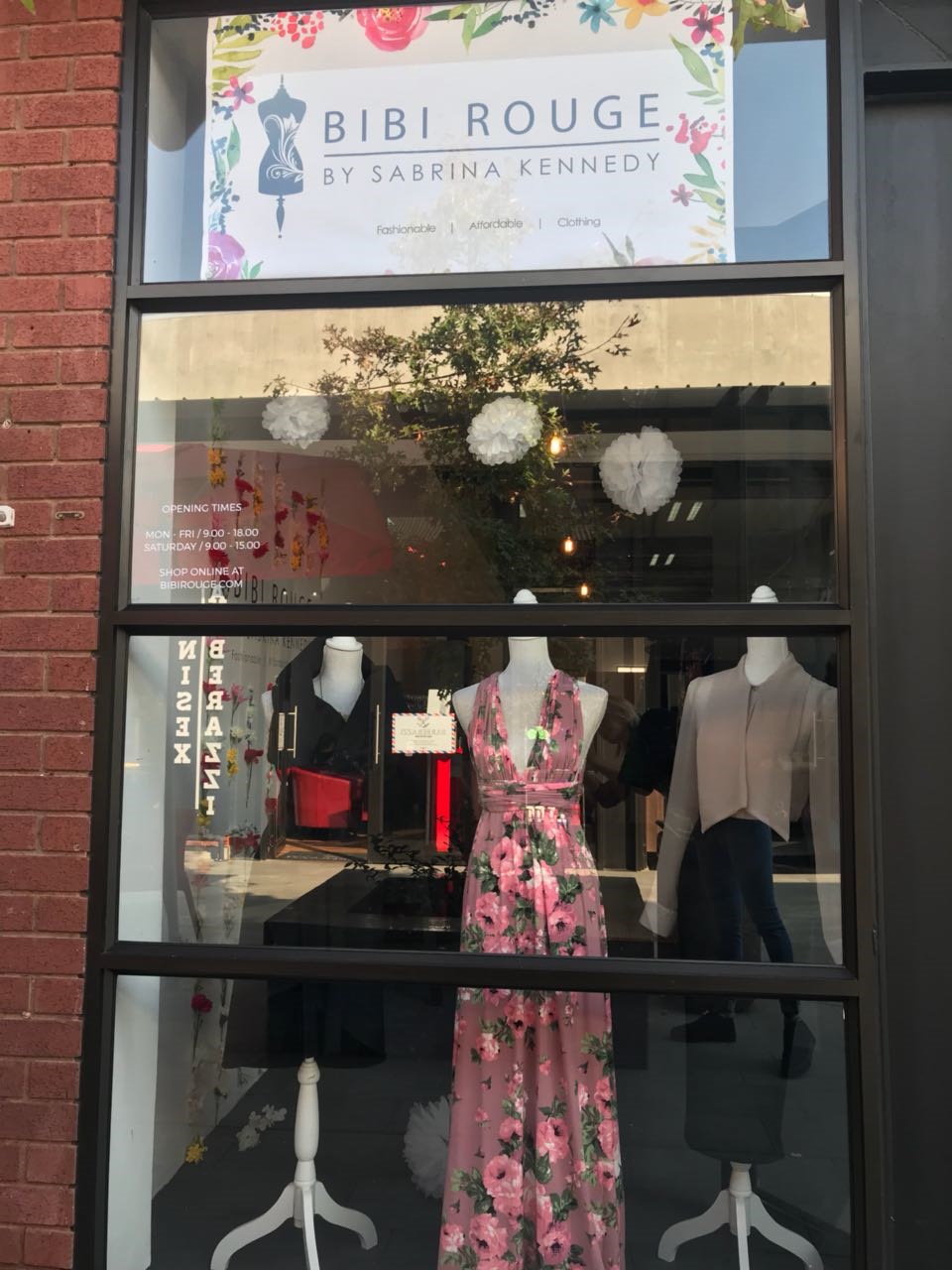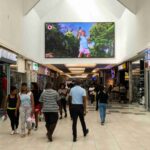
 John Faia, GM: Mall Ads™ says, Pop Up stores have become a trend that has stuck and one that keeps evolving, bringing something new and exciting to shoppers. The worldwide Pop Up phenomenon is a consequence of a culmination of factors, and is working effectively for both brands wanting the bricks and mortar element and malls needing to rent out unoccupied space.
John Faia, GM: Mall Ads™ says, Pop Up stores have become a trend that has stuck and one that keeps evolving, bringing something new and exciting to shoppers. The worldwide Pop Up phenomenon is a consequence of a culmination of factors, and is working effectively for both brands wanting the bricks and mortar element and malls needing to rent out unoccupied space.
When it comes to retail, it has become very much a consumer’s world. As such, the mall environment needs to consistently keep up with the trends and even stay slightly ahead of the curve in order to keep attracting consumers or risk becoming redundant. Pop Up stores within the mall environment are starting to become a popular method of keeping a brand top of mind, generating sales and filling empty shop space. In fact, brands should consider the concept as part of their overall sales and marketing strategy. Below are three reasons.
- The concept is multi-faceted and many stakeholders benefit – brand, landlord and consumer
The concept of Pop Up shops has evolved from an experimental exercise to an enduring experiential brand extension. Furthermore, it is a way of providing retail opportunities for brands where a fully-fledged retail presence – with long-term leases and everything else that goes with it – is not a viable option.
In a culture that is becoming ever more consumer-centric, brands are realising that in order to grab attention, they need to do things differently. They need to focus on their uniqueness and take advantage of that. Brands are also seeing the need to meet consumers where they are and this is where Pop Up stores fit squarely in the picture.
- A fresh way to connect with consumers
 The Pop Up store isn’t just about selling merchandise, it’s also about connecting with the consumer in a way that is fresh and surprising. For example, online clothing brand BiBi Rouge opened a Pop Up at Coachman’s Crossing in Bryanston so that shoppers could engage with the clothing ranges in a more tangible way. It also helps conversion to sales as consumers are more likely to take their shopping basket to the till point, instead of leaving everything and walking out, as it so often happens in online shopping.
The Pop Up store isn’t just about selling merchandise, it’s also about connecting with the consumer in a way that is fresh and surprising. For example, online clothing brand BiBi Rouge opened a Pop Up at Coachman’s Crossing in Bryanston so that shoppers could engage with the clothing ranges in a more tangible way. It also helps conversion to sales as consumers are more likely to take their shopping basket to the till point, instead of leaving everything and walking out, as it so often happens in online shopping.
From the point of view of extended brand communication, the concept affords moments that are Instagram-able, Pinterest-able and drive social media sharing, thus further enhancing brand image and recall. A Pop Up allows consumers to connect with the brand on various levels.
This type of out the box thinking and implementation helps to unlock income opportunities within the mall environment for both clients and landlords. For teambuilding company Playworks, Mall Ads™ set up a Pop Up at Musgrave Centre in KwaZulu-Natal. Playworks is traditionally a team development specialist brand with an established clientele. The Pop Up aims to extend reach and brand recognition while increasing customer base. It is also bringing an added entertainment point to the mall and attracting shoppers who wouldn’t necessarily go to that mall. The justification isn’t just about selling, it’s about communicating elements of a brand and bringing a deeper understanding of what the brand stands for, in a physical environment.
- The Pop Up is online retail reinvented
Another development in the pop up trend is that it is helping to drive the reinvention of online retail. It is starting to happen in South Africa such as with BiBi Rouge, but in other markets we are seeing significant roll out. The Pop Up allows ecommerce companies to continue growing after hitting a threshold online.
In terms of mall landlords, Pop Up stores make spaces profitable, they attract feet and add to the tenant mix. For brands, they provide the opportunity for greater conversion, give their consumers an experience and also allows them to test the market before embarking on something more permanent.
For more information on how Mall Ads™ can set up a Pop Up store for your brand, contact Bonga Sibisi on 0861 776 826 or mallads@provantage.co.za or @provantageSA
- MRF Unveils Latest MAPS® Data - 20th February 2025
- The BRC announces changes to the board and updates for 2025 - 17th December 2024
- Top 50 DSTV TV programmes – October 2024 - 12th November 2024






